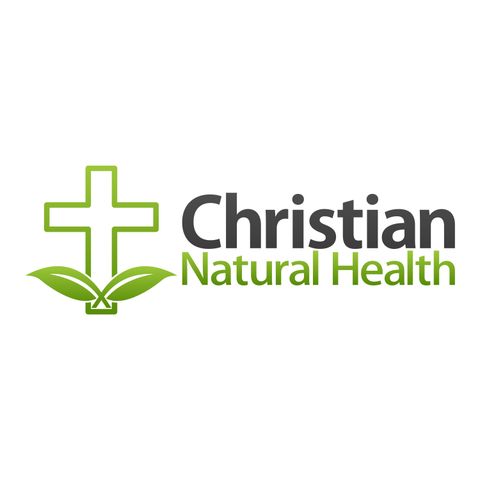This week's podcast comes from this blog post on Spotlight On: Chamomile. Chamomile flowers are in the daisy family, also known as asteraceae or compositae. Compounds beneficial to health are many and varied, and it is generally recognized as safe for consumption with few contraindications. Chamomile is probably best known as an herbal tea, with over one million cups consumed per day, though there are other ways to access its health benefits as well. Which benefits you’re after may influence the form of chamomile you choose to use medicinally. Chamomile for Digestion and Menstrual Cramping A carminative herb used to calm digestive upset, chamomile is known for the anti-spasmodic effects of the bioflavonoids apigenin, quercetin, and luteolin. These compounds also decrease inflammatory prostaglandin release (the same mechanism of action of NSAIDs), and extract well into water, making them easily absorbable from tea. Anti-inflammatory effects are found in the essential oil components (called chamazulene and α-bisabolol) which don’t extract as well into tea. Bisabolol also helps to prevent and treat stomach ulcers by decreasing pepsin production without affecting HCl production. These constituents are best absorbed via capsule or tincture. Anti-spasmodic and anti-inflammatory effects of course are both useful for menstrual cramping and pain, too. Chamomile for Anxiety, Depression, and Insomnia Chamomile tea is one of my favorites for a nightly “wind-down” routine before bedtime, helping to calm the mind and acting as a gentle sedative. This may be due to the plant’s water-soluble glycine content, a calming amino acid which assists the body with getting into deeper stages of sleep. Chamomile has indeed been shown to improve sleep quality. Because of this gentle calming effect, chamomile has been shown to even significantly reduce moderate to severe generalized anxiety disorder symptoms, and to assist with depression when it is comorbid with anxiety disorder as well. Chamomile for Infection, Wound Healing, and Skin Care Topically, chamomile’s antioxidant polyphenols can assist with wound healing and restoration of a breached skin barrier. Since polyphenols extract well into water, a compress soaked in strong chamomile tea and applied to, say, a sunburn, may assist with quicker healing. A similar compress, or even a wet tea bag, can be used on skin lesions such as acne, styes, or eczema; this is because in addition to antioxidant and anti-inflammatory properties, chamomile is also antimicrobial. Since a breached skin barrier often leads to opportunistic infection by normal skin flora, topical chamomile may assist the healing process in multiple ways. The essential oil has been studied for its antihistamine purposes for atopic lesions as well (see below). Chamomile’s antioxidant properties have also been utilized topically for reduction of fine lines and wrinkles. Chamomile for Allergies There is evidence that chamomile stabilizes mast cells, thus decreasing release of histamine for those who suffer from allergies, those with histamine intolerance, and as an adjunctive treatment for those with Mast Cell Activation Syndrome or Disorder. These effects were observed from the alcohol tincture extract form. The Upshot Chamomile tea is consumed worldwide in large quantities for a reason, though it’s helpful to know which effects you’re after to help choose the most appropriate extraction method. Bioflavinoids apigenin and quercetin are water soluble, which means they will easily be extracted into a tea. These are helpful for anti-spasmodic, anti-inflammatory, anti-anxiety, antioxidant, and sedative properties. Essential oil components chamazulene and bisabolol do not extract as well in water. These are better consumed either in powder or capsules made from the whole dried flowers, an alcohol extract, or using the essential oil itself (diffused or topically). These have been observed to protect against ulcers, and to stabilize mast cells. While chamomile is generally recognized as safe, some recommend caution with consumption of chamomile in high doses during the first trimester of pregnancy. If you’re consuming chamomile as a tea, but still wish to reap some of the benefits of the essential oils, the better choice is whole leaf tea, which you can get by purchasing the whole dried flowers. Dosing is 1-2 tsp of flowers per 8 oz, and allow to steep for 15 minutes before straining. Prepackaged tea bags should still be high in polyphenol content, but the pulverized flowers means more of the essential oils will have evaporated.
show less

